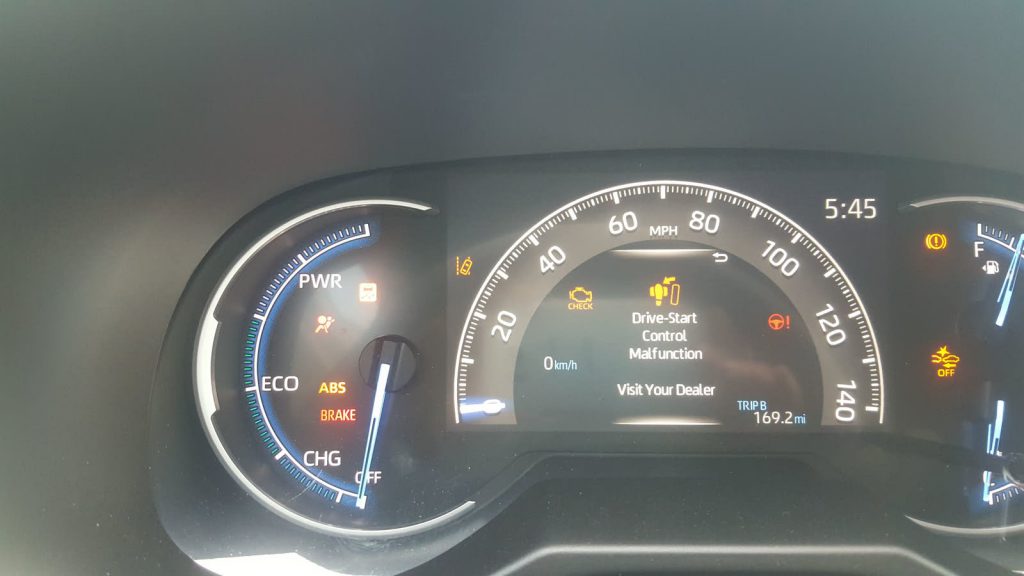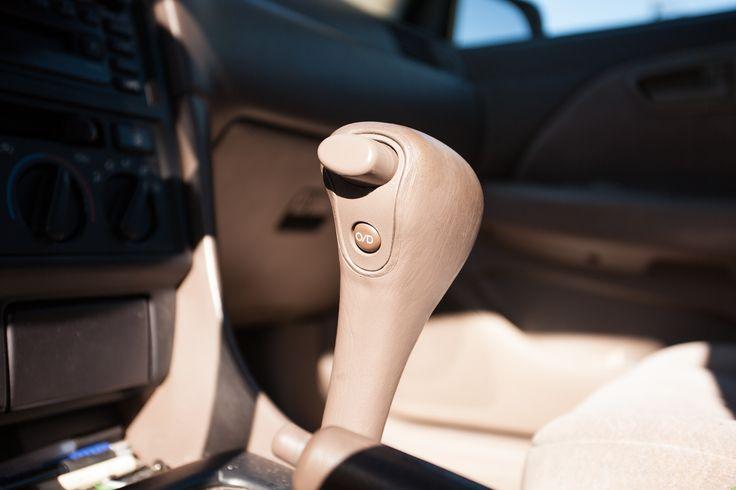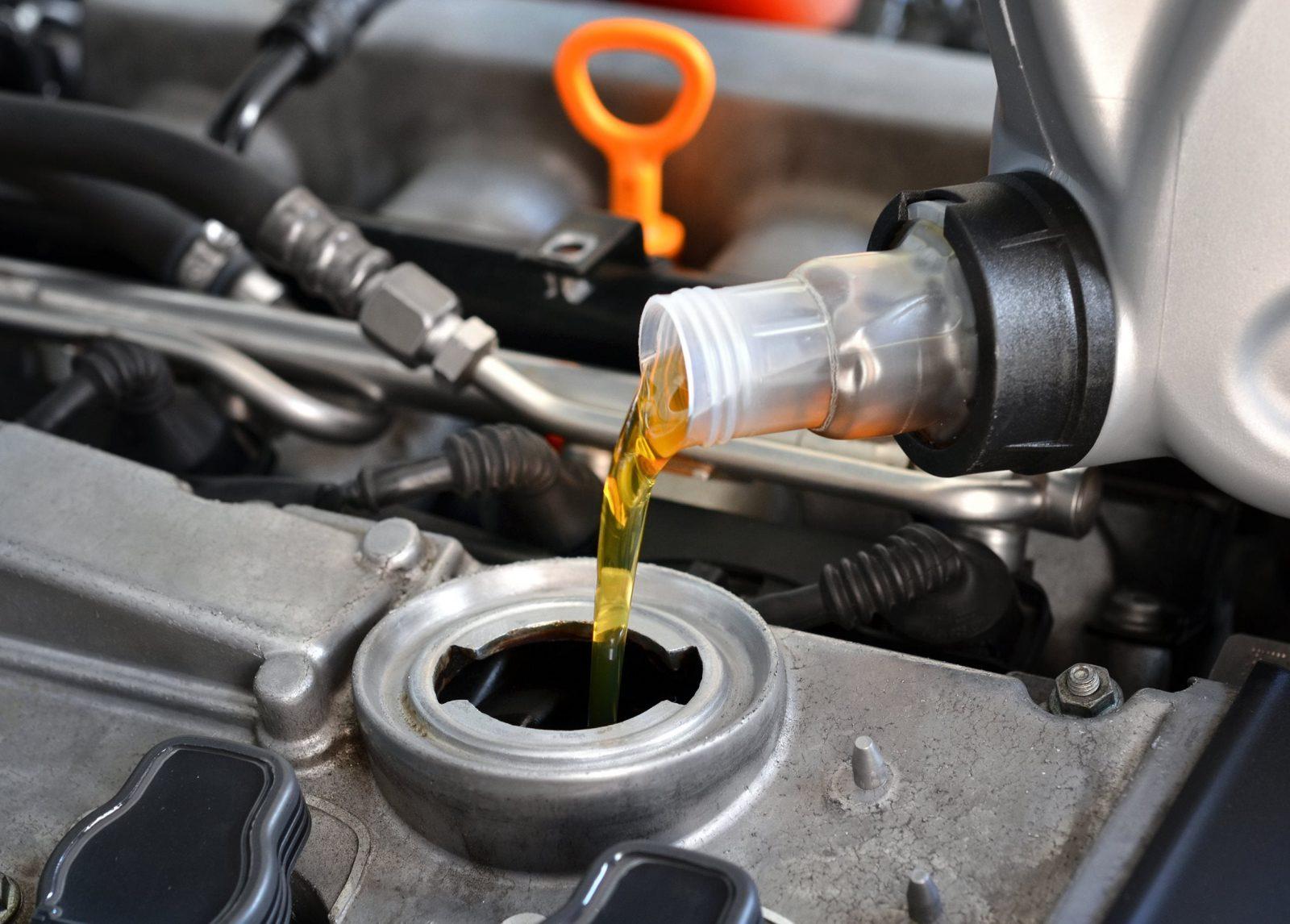What Is Drive Start Control Malfunction? (Cause & Quick Solution)
Numerous collisions result from sudden starting or stopping after shifting the wrong gear or pressing too hard on the accelerator. And to mitigate damages from collisions, Toyota developed a car safety system called drive-start control. Is it as foolproof as we think? We saw some complaints on the Internet about the drive start control malfunction. Let’s find out what it is and how to handle the drive control malfunction in our article.
What Is Drive Start Control System?
Misapplication incidents in the car are increasingly common and this causes many serious accidents each year. Therefore, in order to ensure safety during driving as well as create a competitive advantage over competitors, Toyota has added new safety features to its vehicles: a drive start control system.
The launch of the Drive start control system can be considered an important step in improving the safety feature of Toyota models. This system will help control the output power as well as the input of the engine when there is any sudden change from the accelerator or brake system.
When driving forward or backing up in a parking lot or garage, if the driver becomes flustered from approaching an obstacle and shifts gears with the accelerators pressed, the car will accelerate suddenly in the opposite direction. At that time your engine computer will analyze the operation information and vehicle speed. After that, acceleration data engine output is controlled so that the speed and the acceleration remain below a certain level. Thereby reducing the sudden start or acceleration conditions.
For example, when the driver accidentally presses the accelerator, causing the car to accelerate suddenly, Drive-start Control will automatically control the engine power to help the car operate in normal mode. Drive-start Control is rated especially useful for inexperienced drivers on models with a continuously variable transmission.
When a drive start-control system detects that the wrong gear has been selected while the driver is pressing the gas, a warning light is displayed on the dashboard, and engine power is reduced “to prevent sudden starting or acceleration.” There are some situations in which the system can kick in – for example, if the driver hits something while reversing, panics and shifts into forward without releasing the accelerator, DSC will help you with these situations.
Drive Start Control Malfunction: Common Reasons.

When DSC starts to fail, why do we know there are problems with your drive start control? And the most important thing is what causes the drive start control malfunction. The most obvious sign you can easily notice is that a warning light will be blinking on the dashboard of Toyota cars. However, it can also be related to a lot of other problems in your car so it can be accompanied by a combination of other symptoms. Let’s come close to finding the reasons:
ECU faulty
When the engine control unit which is a computer is failing, it can make your DSC error. You already know ECU is the brain of your vehicle and it receives input from various sensors to calculate and manage the timing, speed, idle, and so on. It also controls and activates various actuators and solenoids such as the Electronic ERG valve, and purge valve solenoid. When a bad ECU occurs, it can cause the engine computer to receive the wrong data or delay when transferring information from the DCU and prevent your engine from starting up.
>> Read more: How ECU and PCM Work as a Car Brain Box?
Bad ignition coil
The purpose of the ignition coil is to transform low voltage into high voltage. Modern ignition coils are controlled by the computer and the computer tells the ignition system and spark plugs when to fire to ignite the air and fuel mixture in the combustion chamber. The timing of the firing is based on several data the computer gathers from various engine sensors to determine the most optimal time to ignite the air and fuel mixture. This will help improve engine performance and fuel economy. When this part is failing and on its way out, the driver will notice engine misfire, lack of power, check engine light flashing, rough idle, slow acceleration, and stalling. At that time, it will disable the effects of the DCU system.
Faulty fuse
Another potential reason that causes the drive control malfunction is the fuse problem. Car fuses are responsible for protecting electrical equipment on vehicles, avoiding overload, and causing fire and explosion. When the amperage increases suddenly, the fuse will automatically trip to protect the device. Your vehicle contains a wide range of electronic devices, all of which depends on the voltage of the charging system. As a result, a blown fuse can cause a multitude of temporary electrical problems, especially in modern computer-controlled vehicles.
Besides, some fuses are directly related to the components of the battery or central engine unit. If the fault lies within such fuses, you might experience a DSC system breakdown.
ABS sensor error
An ABS sensor (also known as a speed sensor) detects the speed of each wheel and transmits a signal to the slip control ECU. Because it is mounted near the wheel when the vehicle is in operation for a long time. Dirt can penetrate and cause these sensors to become dirty, affecting the quality of work and making the ABS indicator light on. When ABS fails, it doesn’t allow to receive and adjust the action that transfers from the drive control system.
>> See more: How to Bleed ABS Module without Scan Tool
Bad car battery

Last but not least that can make your control system break is a bad battery. Car batteries act as a secondary source of electricity, operating based on the process of storing and converting energy into electricity to supply equipment on the vehicle. When the generator is not fully charged when the vehicle has not started or is not able to meet the electrical equipment on the vehicle. The battery will provide electricity during that time. As the car battery doesn’t have enough power, it will make your engine starting stall or starting time is longer than usual.
Solutions For The Drive Start Control Malfunction
What happens if your DSC system does not work properly? First, the car may not start. Second, the vehicle may be underpowered and unable to reach high speeds. Third, the vehicle may be less stable and more prone to skidding. What should you do? The best way you can do is to pull over and take your car to a technician the next time this warning light appears on your dashboard. However, there are several solutions that can help you handle this phenomenon.
Clean the ABS sensor
ABS sensors are the part that receives the wheel speed and sends this speed signal to the ABS system controller. If the car often runs on bad roads such as bogs or strong vibrations, the sensor may be damaged or clogged. A clean ABS sensor is a necessary job to make your DSC system work effectively.
After disassembling the sensor, you can take a soft towel to clean the sensor. Limit the use of water and detergents to avoid unwanted touch and damage to the sensor. The ABS sensor is a precision instrument in rough environments. It can provide accurate signals when the vehicle is moving at high speeds but with a single knock, a strong impact can damage the sensor irreparably and we need to keep this in mind.
Check the wiring
We can say that most Toyota owners who experience Driving Start Control problems find the root of the problem is with the wiring on their vehicle. To avoid the unwanted conditions that happen to the DSC system also the other parts of your car. Each wire will take a role in the actual function of your vehicle. Look for any disconnected plugs and cords. If you detect any problem of broken wire, you can fix it yourself or contact a specialist.
Replace the blown fuse
A perfectly functioning car fuse is equivalent to having your car run without problems the moment when starting it. But if the electrical equipment in your car stops operating, it becomes important to know how to replace the fuse in your car. A blown fuse happens occasionally. After all, the fuse will blow if an overload is detected or the circuit is faulty. While it’s ideal to have a trusted mechanic fix a blown fuse. There’s no harm in teaching yourself how to change a fuse in your car – if you haven’t already.
>> Related post: How To Detect And Replace A Blown Fuse In Car?
Final Thoughts
You probably haven’t heard of the DSC system If you don’t drive a Toyota. The drive-start control system is considered a unique technology equipped on Toyota vehicles in recent models. So if you’re driving a Toyota right now, but don’t have this system. It could be because your model has been around for quite some time.
To protect as many people as possible from accidents caused by pedal misapplication. Toyota actively developed safety technologies that meet the needs of the drivers. Hopefully, through this topic, you will have more knowledge about this safety system. And collect useful information when you experience the drive start control malfunction.














